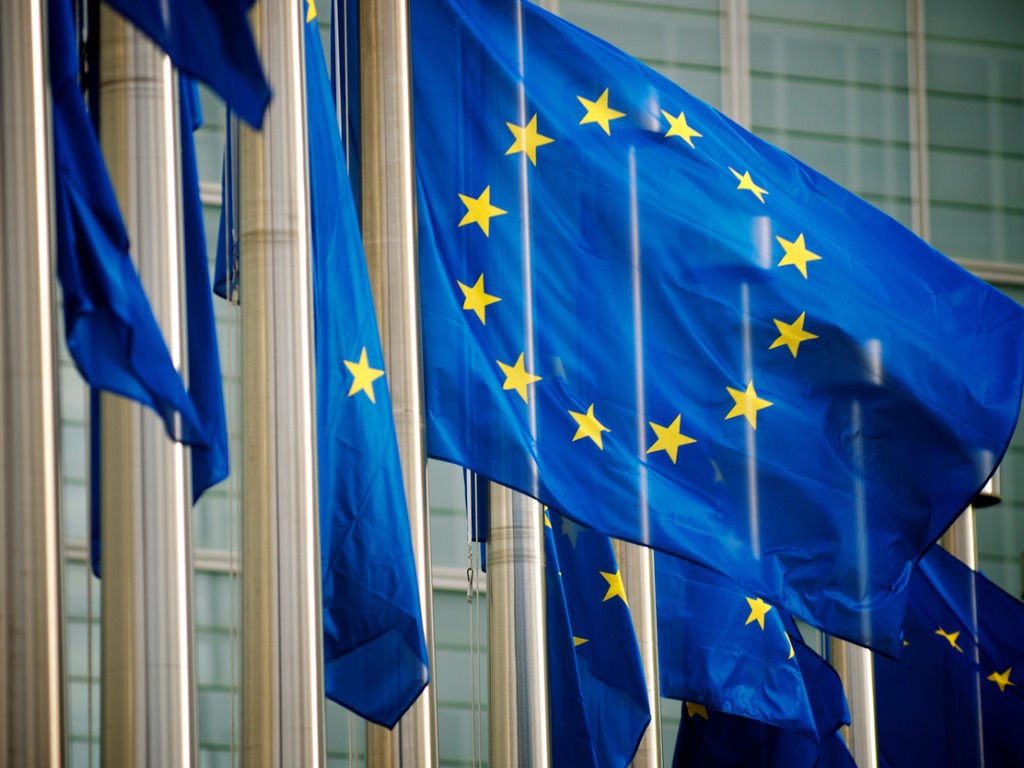
The European Commission today revealed its advance recommendation to set a target of reducing net greenhouse gas emissions by 90% by 2040 compared to 1990 levels, beginning the process of setting the next interim climate target in legislation, on the way to the EU's ambition to achieve climate neutrality by 2050.
Alongside its recently announced recommendation, the Commission presented its initial estimates for the investments that would be needed to reach the new 2040 target, in key areas including clean energy production and the decarbonization of industrial processes, as well as the heating and cooling in buildings and modes of transport, as well as major investments to improve the energy efficiency of the EU economy.
According to the Commission, an additional 1.5% of GDP would need to be invested annually, compared to 2011-2020 levels, with resources moving away from less sustainable uses, such as fossil fuel subsidies. The Commission's communication envisaged the private sector as the main source of these investments, enabled by a policy framework that encourages low-carbon investment and discourages carbon-intensive investment.
The Commission's impact assessment highlighted the need for an average annual investment of approximately €660 billion between 2031 and 2050 in the energy system and €870 billion per year in the transport sector. Key areas of investment would target the decarbonisation of industrial processes, improvements in energy efficiency in energy-intensive industries, a shift towards electrification and the production of sustainable alternative fuels to power the transport sector.
Overall, the Commission predicts that the energy sector will be fully decarbonized shortly after 2040 and that transport emissions will fall by almost 80% by 2040.
One of the political conditions outlined by the European Commission to enable the achievement of the recommended objective was the establishment of dialogue with the main interested parties, mainly those from industry and agriculture. The Commission's statement comes at a time when farmers have been staging highly visible and disruptive protests across the EU over the past few weeks, focusing mainly on the cost and impact of environmental rules and regulations, as well as energy and in import competition. Agricultural emissions, mainly from the release of methane and nitrous oxide, represent approximately 11% of EU greenhouse gas emissions.
According to media reports, the Commission had initially planned to propose an ambition to achieve a 30% reduction in methane and nitrogen emissions from the agricultural sector, which was not included in its released recommendation, affirming the Commission's statement just that “the agriculture sector can also play a role in the transition, while ensuring sufficient food production in Europe, guaranteeing fair incomes and providing other vital services, such as strengthening the capacity of soils and forests to store more carbon. »
The Commission's statement also envisioned improving the Green Deal to become an “industrial decarbonization deal”, to build on industrial strengths, including renewables and electrolysers, and to increase domestic production capabilities in areas of clean technology, including batteries, electric vehicles, heat pumps, solar PV, CCU/CCS, biogas and biomethane, and the circular economy, as well as focusing on carbon pricing and access to finance to help ensure we meet carbon emissions targets. reduction of emissions by industry.
Other important aspects of the Commission's recommendation included an earlier deployment of carbon capture, with industrial carbon removals complementing natural carbon removals and terrestrial removals sequestering carbon in biomass and soils, and an increased focus on Just Transition, ensuring that climate policies take into account those parts of society that are most vulnerable and face the greatest adaptation challenges.
The Commission's recommendation begins the process of defining the EU's climate objective for 2040, with a legislative proposal to be presented by the next Commission, following the European elections, scheduled for June.
Wopke Hoekstra, Commissioner for Climate Action, said:
“We just experienced the hottest year on record. The arguments for climate action are beyond doubt and require planning now. In the future, we will have to stand more firmly on two legs: a safe and healthy climate for everyone to live in and a strong and resilient economy, with a bright future for business and a just transition for all.”


















































